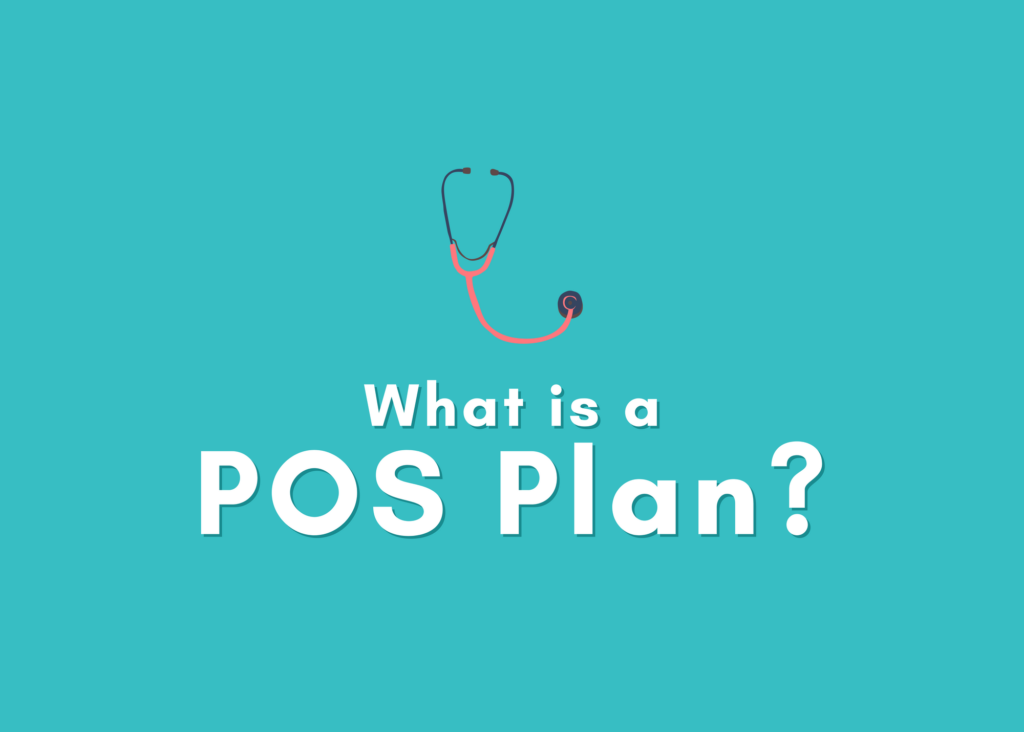What Is POS Health Insurance Plan and How Does It Work
Everyone requires health insurance to protect them in the event of an emergency or unforeseen medical bills. It is, nonetheless, preferable to have insurance for basic healthcare services such as checkups and medications. Unfortunately, there are so many alternatives accessible to individuals and their families that determining which sort of plan is best for you can be challenging. You may be confused about the differences between HMOs, PPOs, and POS health insurance plans based on your budget and existing health issues.
Finding the best insurance plan for your needs is critical to ensuring you’re covered should you need medical attention. Because medical expenditures and insurance premiums climb year after year, it can be difficult to locate a plan that keeps your family covered.
Fortunately, Serene Health Care – the best HMO in Nigeria is here to help. This article will explain what a POS health insurance plan is and compare them to other typical types of coverage to assist you in selecting the best insurance choice for you and your family.
What Does The Term POS in Insurance Mean?
The term “point of service” refers to the supplier of healthcare services. They’re termed point-of-service insurance plans because you can choose whether or not to stay in the network whenever you require healthcare services. Your costs with this sort of insurance are entirely determined by the “point” of service, which refers to the healthcare practitioner or medical facility.
What Exactly is POS Health Insurance?

A Point of Service (POS) plan combines aspects of HMO and PPO plans, with benefit levels fluctuating based on whether you receive your treatment within or outside of the health insurance company’s network of providers. The POS health insurance plan extracts some good characteristics from both the HMO plan and the PPO insurance plans.
How Does a POS Plan Work?
POS plans have aspects of both HMO and PPO plans. As with an HMO plan, you may be required to select a primary care physician who will then refer you to network specialists as needed.
Services offered by your primary care physician (PCP) are normally not subject to a deductible, and preventative care benefits are frequently included, depending on your plan.
You may receive care from non-network providers, like with a PPO plan, but with greater out-of-pocket expenses. Co-payments, coinsurance, and an annual deductible may also be required.
What is the Difference Between POS, PPO, and HMO?
You might be wondering what your other options are now that you’ve learned a little bit about POS insurance coverage.
Also read; What Is Indemnity Health Insurance Plan?
When it comes to individual healthcare plans, you have three options: POS, PPO, or HMO. They all have advantages, and the more you are prepared to pay monthly premiums, the more coverage and freedom you will most likely have.
Here’s a quick rundown of each sort of insurance coverage:
- POS: POS health insurance plans are a cross between HMO and PPO insurance, allowing you to use an in-network provider or go outside of the network.
- PPO: PPO insurance plans are the most flexible, allowing you to see any healthcare provider, in or out of network, without requiring a reference. In-network doctors often have reduced copays and coinsurance under this sort of plan.
- HMO: HMOs are low-cost insurance plans that require you to select a primary care physician (PCP) and obtain referrals for specialists. They have inexpensive monthly premiums, making them a popular choice for individuals on a tight budget. The trade-off is that you have less flexibility.
The Benefits and Drawbacks of POS Health Insurance

POS plans are frequently less expensive than other forms of health insurance plans, but they have fewer providers. Fortunately, you can see out-of-network doctors, but it will cost you extra.
Each form of insurance plan has advantages and disadvantages. Understanding the advantages and disadvantages of POS insurance plans can help you decide whether it is appropriate for you and your dependents.
Benefits of Point of Service Plans
Affordable:
Because they are a combination of PPOs and HMOs, POS plans are economical, even though their premiums aren’t always the cheapest. Nonetheless, they are less expensive than PPOs. When you receive a guaranteed in-network copy, the affordability factor comes into play.
Limits on out-of-pocket expenses:
Out-of-network providers will require you to fulfill your deductible before you may receive coverage under a POS insurance plan. However, the annual cost is less than that of PPO deductibles, and there are payment limits during the year. Once you’ve reached your out-of-pocket maximum, your doctor’s visits and treatment will be fully covered by insurance.
Flexibility:
Despite the fact that in-network doctors are limited, POS plans provide an excellent mix of available doctors, especially when compared to HMOs. Although out-of-network prices are greater than in-network fees, you will have access to a larger network of health insurance providers and experts.
The Drawbacks of Point of Service Plans
Cost:
Even while POS plans are less expensive than PPO plans, they might still be as expensive as HMO premiums. If you don’t completely comprehend your plan, you may end up paying more than you would for another sort of health insurance. For example, if your PCP is not in the network, you will pay more to see them than if they are in a network with an HMO.
Confusing:
Because POS insurance plans are less widespread than HMOs and PPOs, they might be more difficult to understand, making it harder to know how much you’ll pay when visiting a doctor or specialist.
The particular benefits and drawbacks of POS insurance for you and your family will be determined by your needs. For example, if you see an out-of-network provider on a regular basis, you may face higher rates, negating some of the benefits of POS insurance. As a result, even if your premium payment is smaller than with a PPO, you will still spend more to see a doctor.
A POS plan may be appropriate for you if:
POS insurance plans are a terrific option for many people, especially if you’re looking to save money and don’t need out-of-network healthcare services. A POS plan may be appropriate for you if:
- You are willing to have your care coordinated by a primary care physician.
- Your desired doctor is already a member of the network (use our Doctor Finder tool to find out)
- You are familiar with the procedure, including the documentation, referrals, and reimbursement claims.
- You do not want to pay the hefty PPO premiums.
Where Can You Get POS Health Insurance?
POS insurance plans are available through your state’s marketplace or through a platform such as Serene Healthcare. Serene Healthcare makes it simple to select the best health insurance plan for your needs and budget.
You can navigate our website or simply check out the Health Insurance Plans section to choose your most preferred health insurance plan

